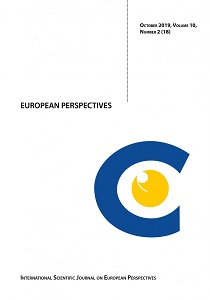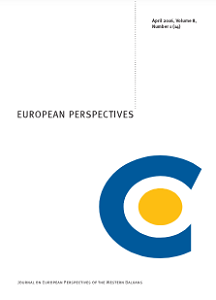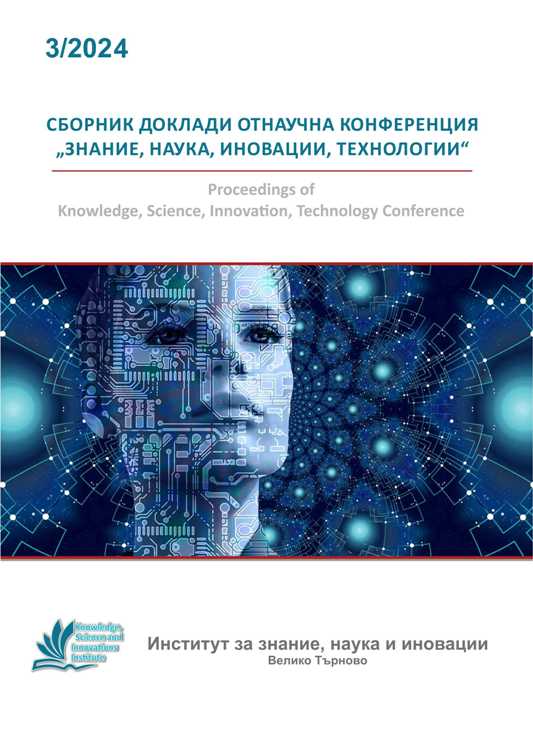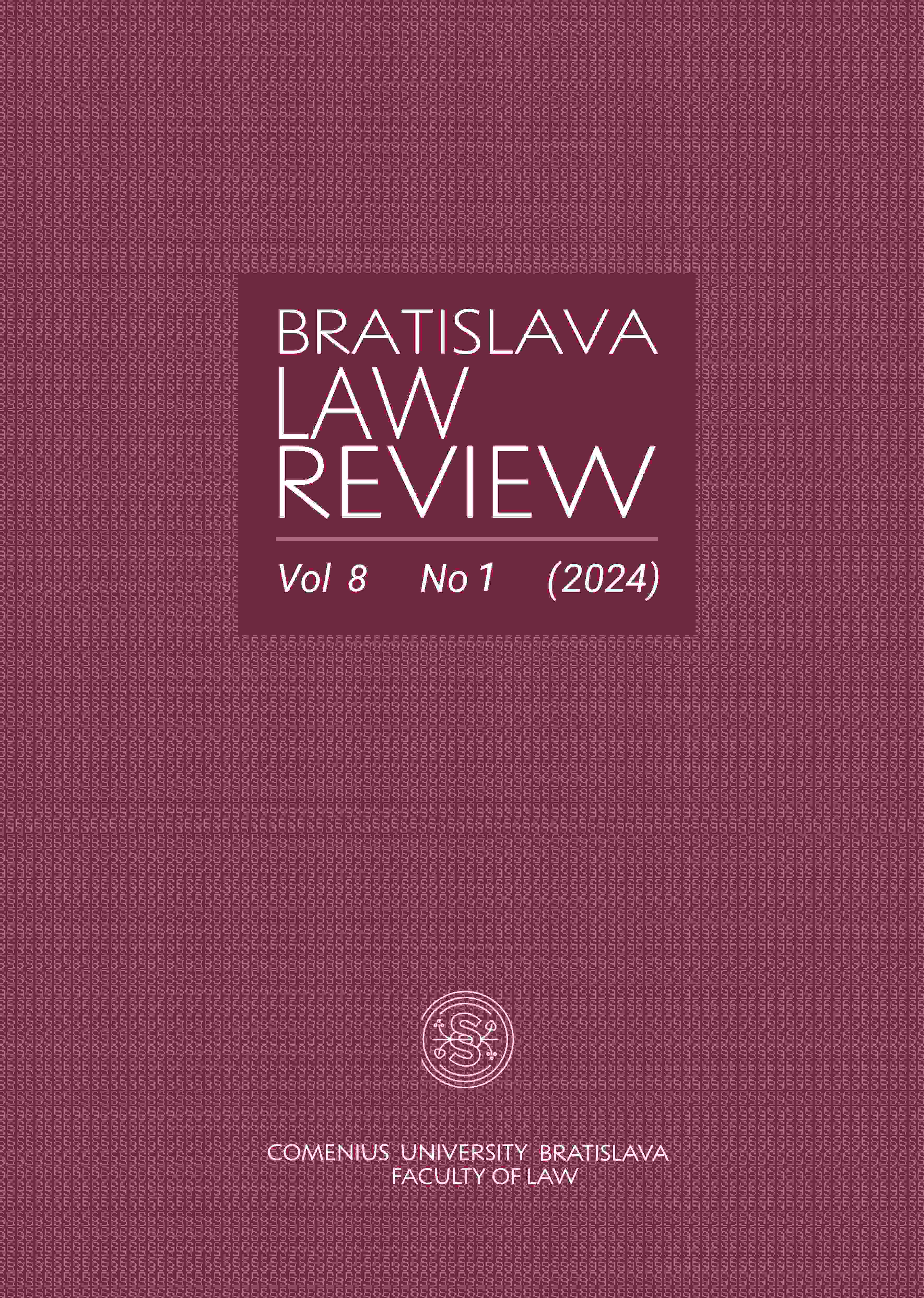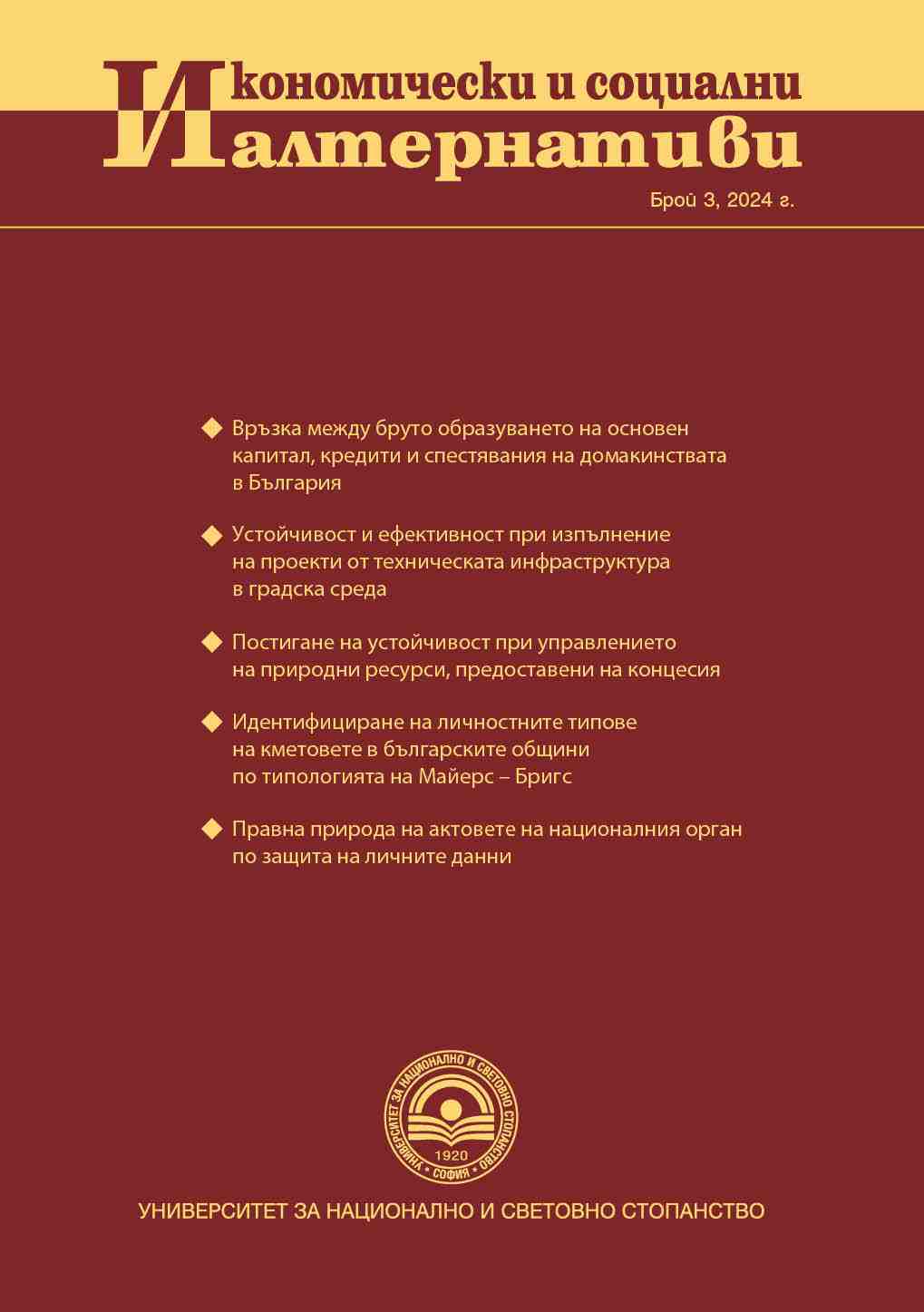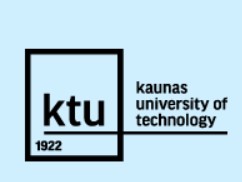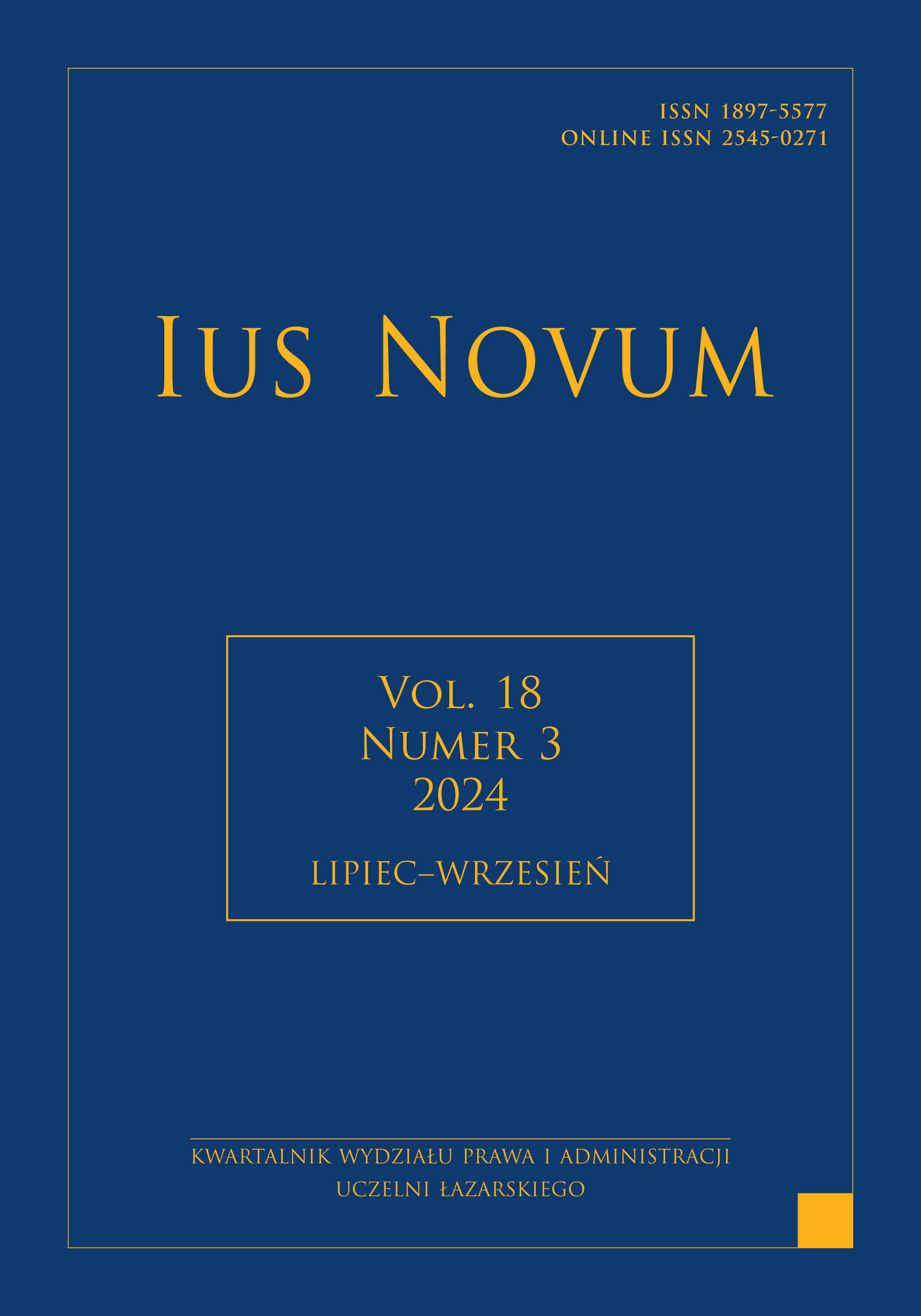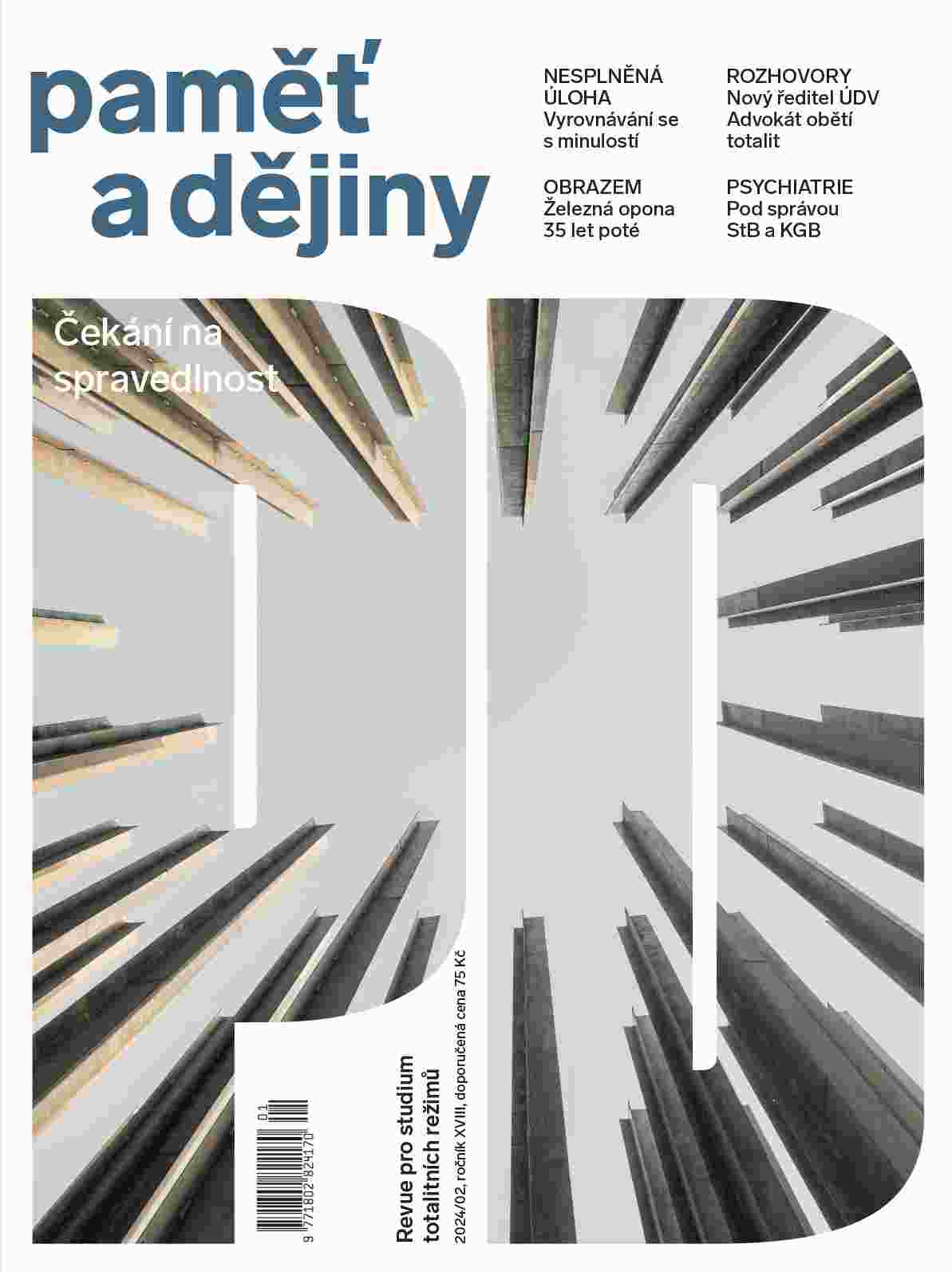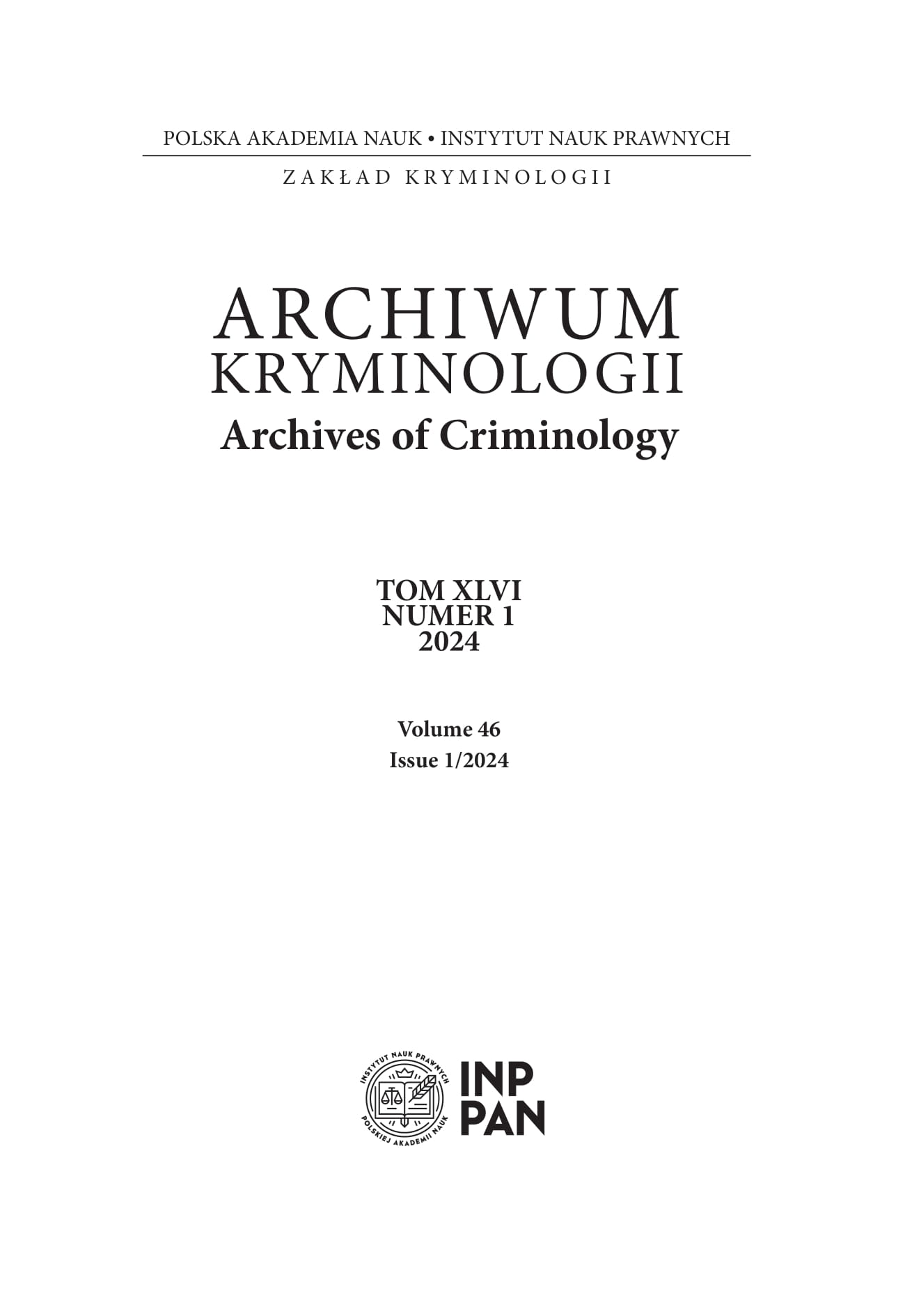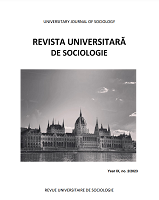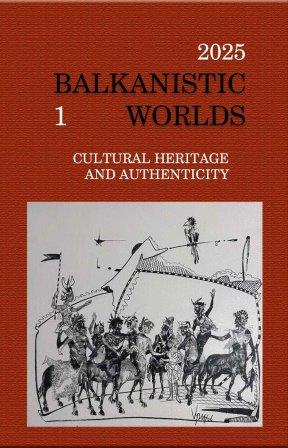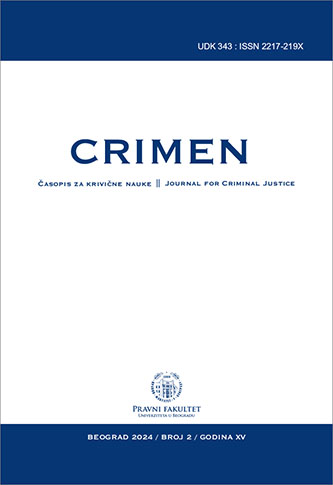Author(s): Anca Parmena Olimid,Daniel Alin Olimid / Language(s): English
Issue: 2/2023
Objectives: The present article focuses on the document analysis of freedom of religion, human rights and development using the Official Document System (ODS) provided by the United Nations (UN) (data retrieved July-August 2 023) for the period 2 July 1985-5 March2019. Methodology: The research methodology approaches the document analysis of the UN’s main legal framework pointing to the interrelated dynamics between human rights and freedom of religion by carrying out multi-level research of five documents released by the UN in the period July 1985-March 2019, namely: (i) United Nations, General Assembly, Note by the Secretary-General, Elimination of All Forms of Religious Intolerance, A/40/361 (2 July 1985); (ii) United Nations, General Assembly resolution 14/11, Freedom of religion or belief: mandate of the Special Rapporteur on freedom of religion or belief, A/HRC/RES/14/11 (23 June 2010); (iii) United Nations, General Assembly, Resolution 70/158, A/RES/70/158 (3 March 2016); (iv). United Nations, General Assembly, Resolution 71/196, A/RES/71/196 (24 January 2017); (v). United Nations, General Assembly, Report of the Special Rapporteur on freedom of religion or belief, A/HRC/40/58 (5 March 2019). Results and discussion: The research engages a social and historical analysis with a global focus on the subjects of religious freedom, human rights and development addressing (i) the relationship between state-society-religion and (ii) the legal and societal conditions and the legal and institutional mechanisms and policies by using the UN jurisprudence released in the last three decades. Conclusions: In conclusion, the research documents religious liberty particularly tracing the guiding principles and the in-depth analysis of other central elements: “freedom of religion”, “belief”, “tolerance”, “societies”, “communities”, “equal opportunity”, “participation”, “development” and “liberty”.
More...
